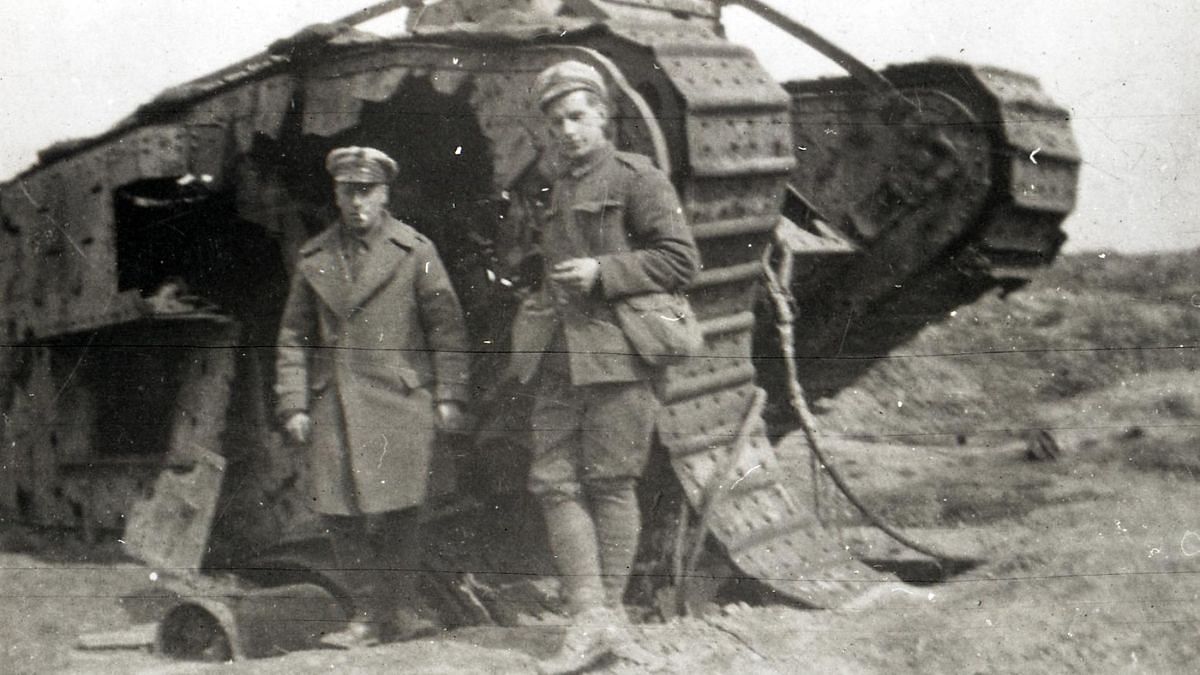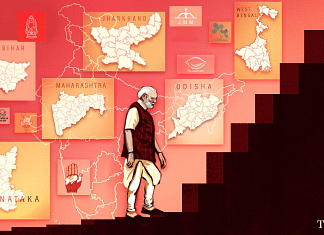Thank you dear subscribers, we are overwhelmed with your response.
Your Turn is a unique section from ThePrint featuring points of view from its subscribers. If you are a subscriber, have a point of view, please send it to us. If not, do subscribe here: https://theprint.in/
More things change the more they remain the same. Change is the only permanence and is inevitable. As humans evolve, the outside world evolves heralding changes in the environment and how things are done. What we see, touch, smell, taste and hear is constantly changing. We see new shades, we touch new textures, we smell new fragrances, we tase new dishes, we hear new sounds; yet how we feel within has not changed since the beginning of time. The feelings of hunger, fear, pain, joy, pleasure et al… are the same. The catalysts for these feelings have changed over time.
Conflicts and wars were always in practice in some or other part of the world since millennia. It is impossible to pick a time from the known past when man was not fighting man. It would be wrong to believe that the world experienced universal peace at any time in the past. One reason for this impression in some people, is that many of the past conflicts feature less prominently in our memories; they are simply forgotten. In any case we only have read them in texts.
In the twentieth century two major wars, within a period of five decades, were fought between Nations simultaneously in more than three continents. The two World Wars together accounted for the death of between 120 to 150 million people. The third bloodiest war of the 20th century was the Russian Civil War, which caused the death of an estimated 13.5 million people. In the same century, there were no less than 28 other wars between Nations excluding the three wars fought by India. Even today, as I write, there is a major war in Europe and a number of conflicts in other parts of the world. Yet, Yuval Noah Harai, the noted historian, author and professor says that we are living in the most peaceful era in human history. He says this not without a reason. Though the number and frequency of conflicts have increased over these decades, human causalities are lesser in comparison to the deaths due to natural calamities, diseases and other manmade disasters.
War and peace have always co-existed in this world. In the times before globalization, except for the two World wars, the effects of conflicts and wars were localised within a limited sphere of influence. With the economy going global, interdependency of Nations has increased over the last five decades or so. Now, in the twenty-first century, when any Nation with a sizeable economy is involved in conflicts or wars, the shock waves reverberate far and wide, shaking the global economic fabric. The world is in the throes of an economic crisis initiated by a pandemic and exacerbated by the Russian invasion of Ukraine. Yet, going by Yuval Noah Harai’s definition, we are still in a peaceful era as deaths due to conflicts and wars are far less than they were in the past centuries.
It is a vicious circle. War leads to peace and peace leads to war. According to Goldstein, unneeded small wars ensure peace and power for the ruling elite. First, they unify the people in hate against a common enemy. During times of war, nations generally unite. Of course, if the people are focused on a common enemy, they are much less inclined to notice how unhappy they are in their own lives. In the past decades, democracies and the free world were involved in fighting communism, autocracies and terrorism which were the common enemies to keep the free world united. The equation seems to be challenged now. The rules of this new game of “War and Peace” are only evolving. From the events of the past, war it may seem, is a necessary evil, as long as we are human, emotions and beliefs will come into dissonance among humanity. Conflict will happen between groups of people, and using violence as a solution is part of human nature. It may be argued, that here is little difference between human reactions and those of animals.
But then as evolved as we are emotionally, in knowledge, in wisdom can we say that war is not the only way to bring peace. Alternative ways such as negotiating to terms which are reasonable for both the protagonists and the antagonists are ways to resolving the problem. Some terms shall be accepted by one party and some by the others. Diplomacy and negotiations may be the way ahead for peace.
Tail piece. There is another side to war and peace. Preparations for wars and conflicts are good for the economy. Production and servicing war machines creates jobs and facilitates exploring newer technologies. After all it may be true that there cannot be peace without war nor can there be a war without peace. It has been so since evolution.
These pieces are being published as they have been received – they have not been edited/fact-checked by ThePrint.









COMMENTS